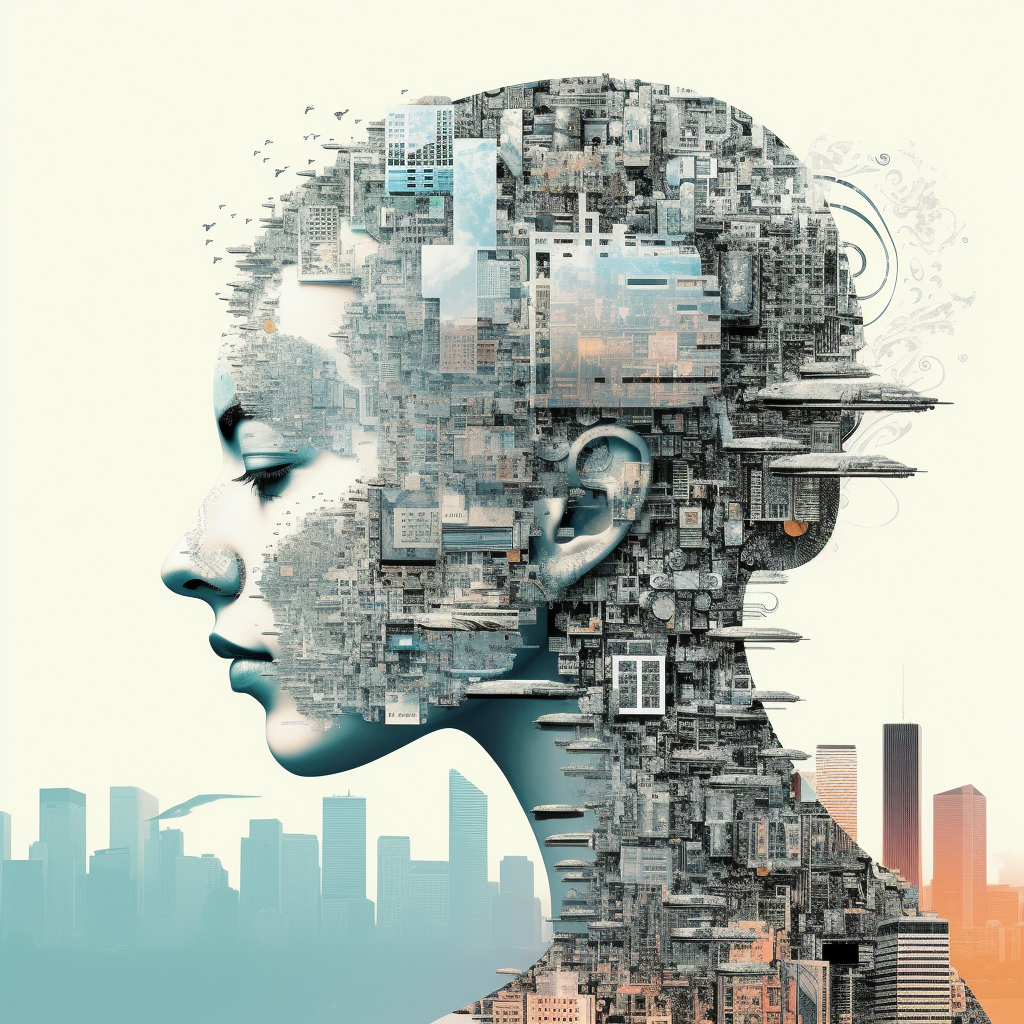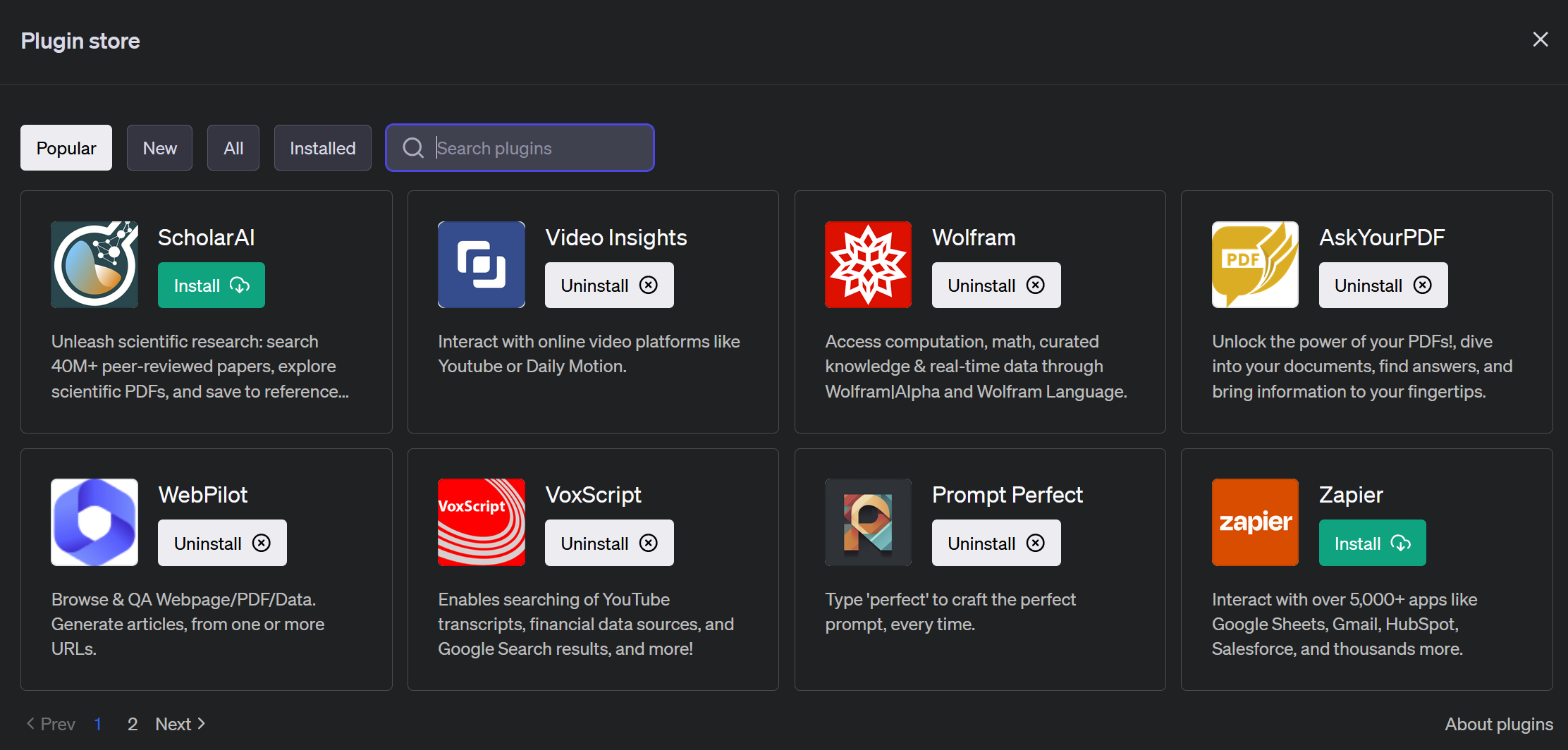AI RECAB 2023
Alan Turing said once, "AI is the science and engineering of making intelligent machines, especially intelligent computer programs.”
And what has the AI done so far… Let’s dive in right away and start our journey in 1950.
1950s: The concept of AI is introduced by Alan Turing and the Turing Test.
1956: The term "Artificial Intelligence" is coined at the Dartmouth Conference.
1960s: Early AI research, focusing on problem-solving and symbolic methods.
1970s: The development of the concept of expert systems.
1980s: The rise of machine learning, with systems able to learn from data.
1990s: Major advancements in machine learning, natural language processing, and other AI technologies.
2000s: AI becomes an essential part of technology, with the development of advanced machine learning techniques and the growth of big data.
2010s: Deep learning drives AI boom, with advancements in image and speech recognition, and the development of AI assistants.
2020s: Continued advancements in AI, with a focus on ethical considerations, AI in healthcare, autonomous vehicles, and more.
Sidenote, I’m only focusing on ChatGPT & Bing on this blogpost.
On September 2019, OpenAI shared their research findings on the fine-tuning process of the GPT-2 language model, which was enhanced using human preferences and feedback.
Fast forward to January 2022, OpenAI released their research on the development of InstructGPT models. These models, which are akin to ChatGPT, demonstrated improved capabilities in following instructions, a reduction in the fabrication of information, and a decrease in the production of toxic content.
In November 2022, OpenAI unveiled ChatGPT, powered by GPT-3.5, as part of a complimentary research preview.
In February 2023, OpenAI introduced ChatGPT Plus, a premium subscription service for ChatGPT users, promising reduced downtime and exclusive access to new features.
ChatGPT achieved a user base of 100 million in record time, outpacing even TikTok, which took nine months to reach the same milestone, and Instagram, which took two and a half years, according to Reuters.
Furthermore, Microsoft revealed plans to incorporate ChatGPT-powered features into Bing. This was followed by the release of a preview version of Bing chat, powered by AI, for mobile devices.
In March 2023, OpenAI launched the ChatGPT API, enabling developers to incorporate ChatGPT functionality into their own applications.
OpenAI also unveiled GPT-4 in ChatGPT and Bing, offering enhanced reliability, creativity, and problem-solving abilities.
In the meantime, Google introduced Bard, a competitor to ChatGPT.
OpenAI also started the deployment of ChatGPT plugin support, which included features like Browsing and Code Interpreter.
On the regulatory front, Italy imposed a ban on ChatGPT due to concerns over personal data collection and the lack of age verification during registration, given the potential for the system to generate harmful content.
In April 2023, OpenAI unveiled ChatGPT plugins, along with GPT-3.5 and GPT-4, both equipped with browsing capabilities, in their ALPHA release.
OpenAI also implemented new data controls for ChatGPT, enabling users to decide which of their conversations could be used as training data for future iterations of GPT models.
In a turn of events, the Italian Garante confirmed that OpenAI had satisfied its requirements, thereby allowing the resumption of ChatGPT services in Italy.
In May 2023, OpenAI introduced the ChatGPT iOS app, providing users with free access to GPT-3.5. ChatGPT Plus subscribers were given the option to toggle between GPT-3.5 and GPT-4.
OpenAI's CEO, Sam Altman, testified at a Senate subcommittee hearing on AI oversight, where he advocated for AI regulation that wouldn't hinder innovation.
Microsoft declared that Bing would be the driving force behind ChatGPT's web browsing capabilities.
OpenAI, Inc. initiated a program to award ten research grants, each worth $100,000, for the development of a democratic system for setting AI rules.
ChatGPT Plus subscribers were given access to over 200 ChatGPT plugins.
In conclusion, 2023 has been a monumental year for the field of Artificial Intelligence, particularly for OpenAI and its ChatGPT model. The year saw significant advancements, including the launch of the ChatGPT API, the introduction of GPT-4, the deployment of ChatGPT plugins, and the unveiling of the ChatGPT iOS app. These developments have expanded the capabilities of AI and its accessibility to users and developers alike.
However, the year was not without its challenges. A major outage and regulatory issues in Italy highlighted the need for robust data controls and responsible AI practices.
These incidents served as important reminders of the ethical considerations that must be addressed as AI continues to evolve.
Despite these hurdles, the rapid adoption of ChatGPT, its integration into major platforms like Bing, and the launch of research grants for democratic AI rule-setting indicate a promising future for AI. As we move forward, it will be fascinating to see how AI continues to transform our digital landscape and everyday lives.
In 2023, AI has not only continued its trajectory of rapid advancement but has also begun to address some of the complex issues surrounding its use. It's clear that the journey of AI is far from over, and we can expect more groundbreaking developments in the years to come.
That’s the end of it. As I told you, I only focused on ChatGPT and BING on this blogpost. Of course, there is plenty more of AI out there, for example Microsoft 365 Copilot and how to you use it.
That would be a good headline for my next blogpost.











